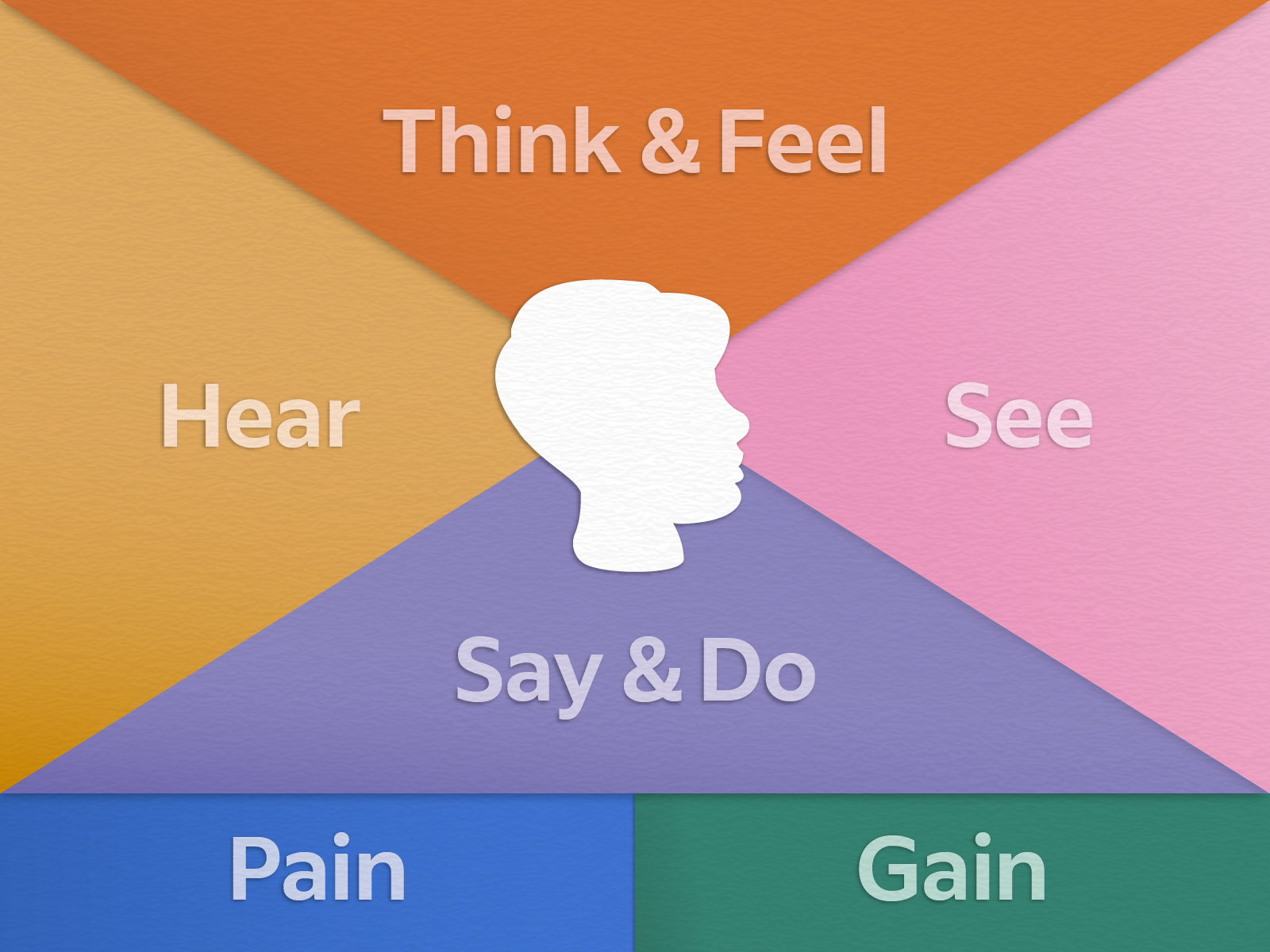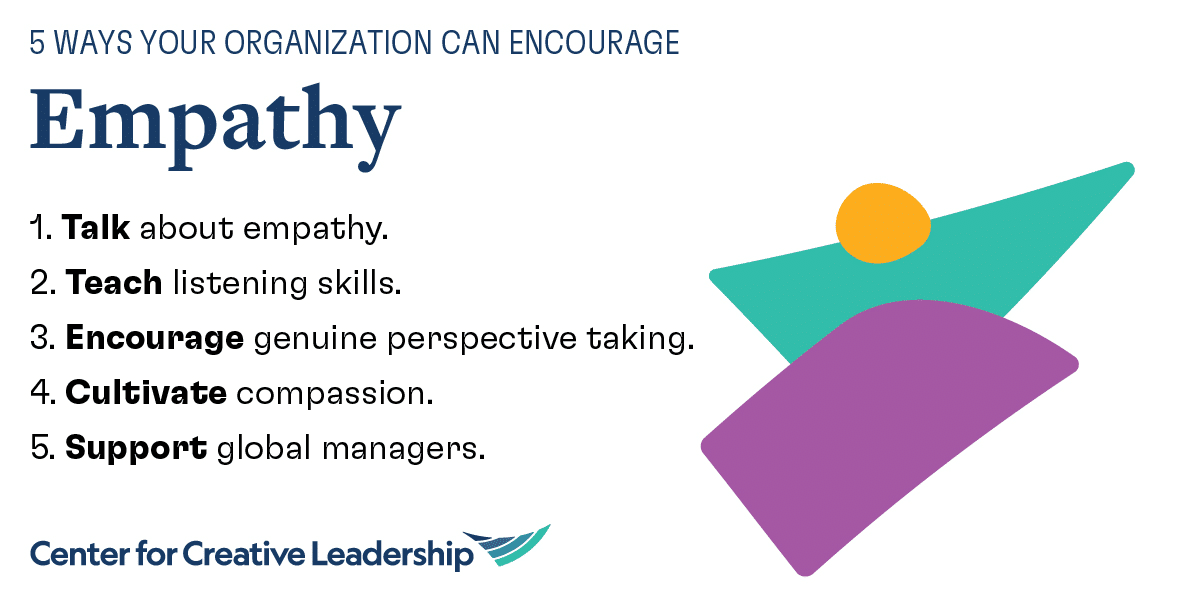How Do You Show Empathy Professionally? Tips for Effective Communication
Empathy in the workplace is crucial. It builds strong relationships and fosters trust.
But how do you show empathy professionally? The answer is simple: listen actively, understand others’ feelings, and respond thoughtfully. In today’s fast-paced work environment, showing empathy can set you apart. It demonstrates that you value your colleagues’ emotions and perspectives.
This not only improves teamwork but also enhances overall productivity. Empathy is not just about being nice; it’s about genuinely caring for others. By incorporating empathy into your professional interactions, you create a more positive and inclusive work atmosphere. This blog will explore practical ways to show empathy at work, helping you build better connections and a more supportive workplace.
Importance Of Empathy In The Workplace
Empathy helps to build strong relationships in the workplace. It shows you care about your colleagues’ feelings. People feel valued and understood. This can lead to better communication. Trust grows when people feel understood. It makes the work environment positive.
Empathy is key to fostering collaboration. It helps people work well together. Team members support each other more. They listen to each other’s ideas. Problems are solved more quickly. This leads to a more productive team. Everyone benefits from a collaborative approach.
Listening Actively
Make sure to give your full focus. Eye contact shows you are engaged. Nod your head and smile. This helps the speaker feel heard. Avoid distractions like your phone or computer. This shows respect.
Let the speaker finish their thoughts. Do not cut them off. Wait for a pause before you speak. This shows you value their words. Ask questions if something is unclear. It shows you are listening.
Showing Understanding
Use words like “I see you are upset” or “It sounds like you are happy about this.” This shows you understand their feelings. People feel heard and valued. It builds trust. It makes conversations more meaningful.
Use phrases like “That makes sense” or “I understand why you feel that way.” It shows you respect their viewpoint. It makes people feel understood. They are more likely to open up. It builds a strong connection.

Credit: blog.hubspot.com
Communicating Non-verbally
Body language speaks louder than words. Stand or sit in a relaxed but attentive way. Avoid crossing your arms or legs. This can make you look closed off. Maintain eye contact to show you are listening. But do not stare. A gentle nod can show you understand. Lean slightly forward to show interest.
Facial expressions can show a lot of feelings. A simple smile can make someone feel welcome. Furrowing your brows can show concern. Nodding along can show agreement. Make sure your expressions match your words. Avoid looking bored or distracted. This can hurt the other person’s feelings. Keep your face open and friendly.
Using Empathetic Language
Empathy starts with the right words. Simple words can show you care. Use phrases like “I understand” or “I see.” These show you are listening. Say “I am here for you” or “I support you.” It makes people feel valued.
Support is key in empathy. Offer help in simple ways. Say, “Can I help you?” or “I am here to assist.” Show you are ready to assist. Be kind and patient. Listen to their needs. Let them know they are not alone.

Credit: www.indeed.com
Handling Difficult Conversations
Stay calm in tough talks. Breathe deeply. Listen more, talk less. Keep your voice soft. Avoid sharp words. People mirror your mood. Stay cool, they stay cool. This builds trust. Calmness helps find solutions. Anger blocks them. Stay patient. It shows strength.
Find shared goals. This helps everyone feel heard. Ask questions. Show you care. Look for things you both agree on. This can be values or goals. Shared interests build bonds. It makes talks easier. Common ground is a bridge. Use it to connect.
Providing Constructive Feedback
Giving feedback is important. Be clear and specific. Focus on one point at a time. This helps the other person understand. Avoid vague comments. Instead of saying “good job,” say “I liked how you explained the data clearly.” This shows you paid attention. It also makes your feedback more valuable.
Aim to help others grow. Highlight areas for improvement. Offer suggestions. For example, say “Next time, you could organize your points better.” This shows you care about their progress. Keep your tone positive. Encourage them to keep trying. Constructive feedback should always aim to build, not break.

Credit: www.linkedin.com
Practicing Patience
Allowing others time to speak is very important. It shows respect. Do not rush them. Let them finish their thoughts. This helps them feel valued. It also helps you understand better.
Listening to others is key. Everyone has their own view. Try to see things from their side. This can help you connect. It builds trust and respect. You don’t have to agree. Just understand.
Frequently Asked Questions
What Is Professional Empathy?
Professional empathy is understanding and sharing colleagues’ feelings in a work context. It enhances team communication and productivity.
How Can I Show Empathy At Work?
Listen actively, acknowledge emotions, and offer support. Show understanding through your words and actions.
Why Is Empathy Important In The Workplace?
Empathy improves relationships, fosters collaboration, and reduces conflict. It creates a positive work environment.
How Do I Develop Professional Empathy?
Practice active listening, ask open-ended questions, and observe non-verbal cues. Continuously reflect on others’ perspectives.
Conclusion
Empathy in the workplace builds strong connections. It improves teamwork and trust. Listen actively to colleagues. Show understanding through your actions. Respect their feelings and opinions. Small gestures can make a big impact. Practice patience and kindness daily. Empathy creates a positive work environment.
It leads to better collaboration and success. Start today and see the difference.

